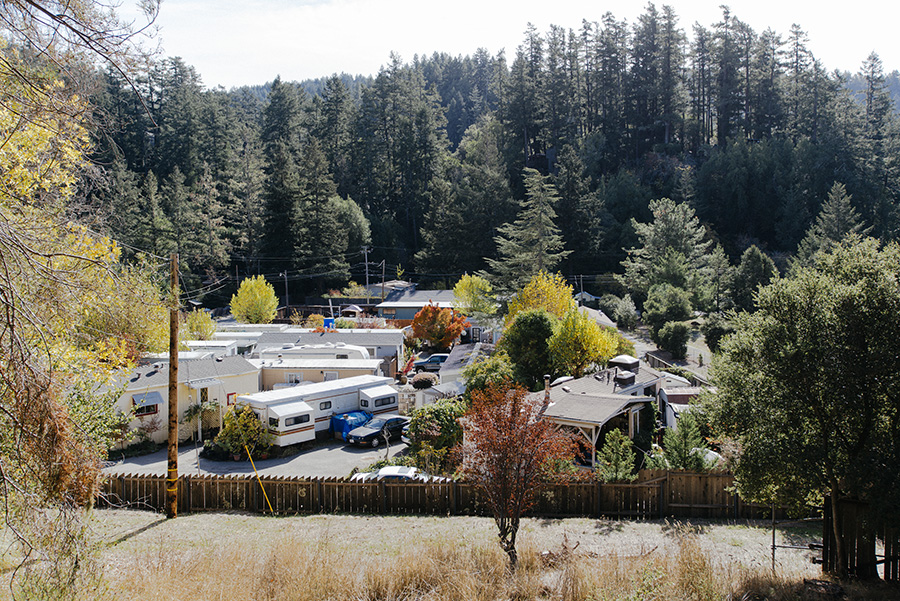In a win for affordable-housing advocates, the nonprofit San Geronimo Valley Affordable Housing Association on Tuesday formally agreed to purchase the historic Forest . . .
Housing nonprofit buys Forest Knolls mobile home complex


In a win for affordable-housing advocates, the nonprofit San Geronimo Valley Affordable Housing Association on Tuesday formally agreed to purchase the historic Forest . . .